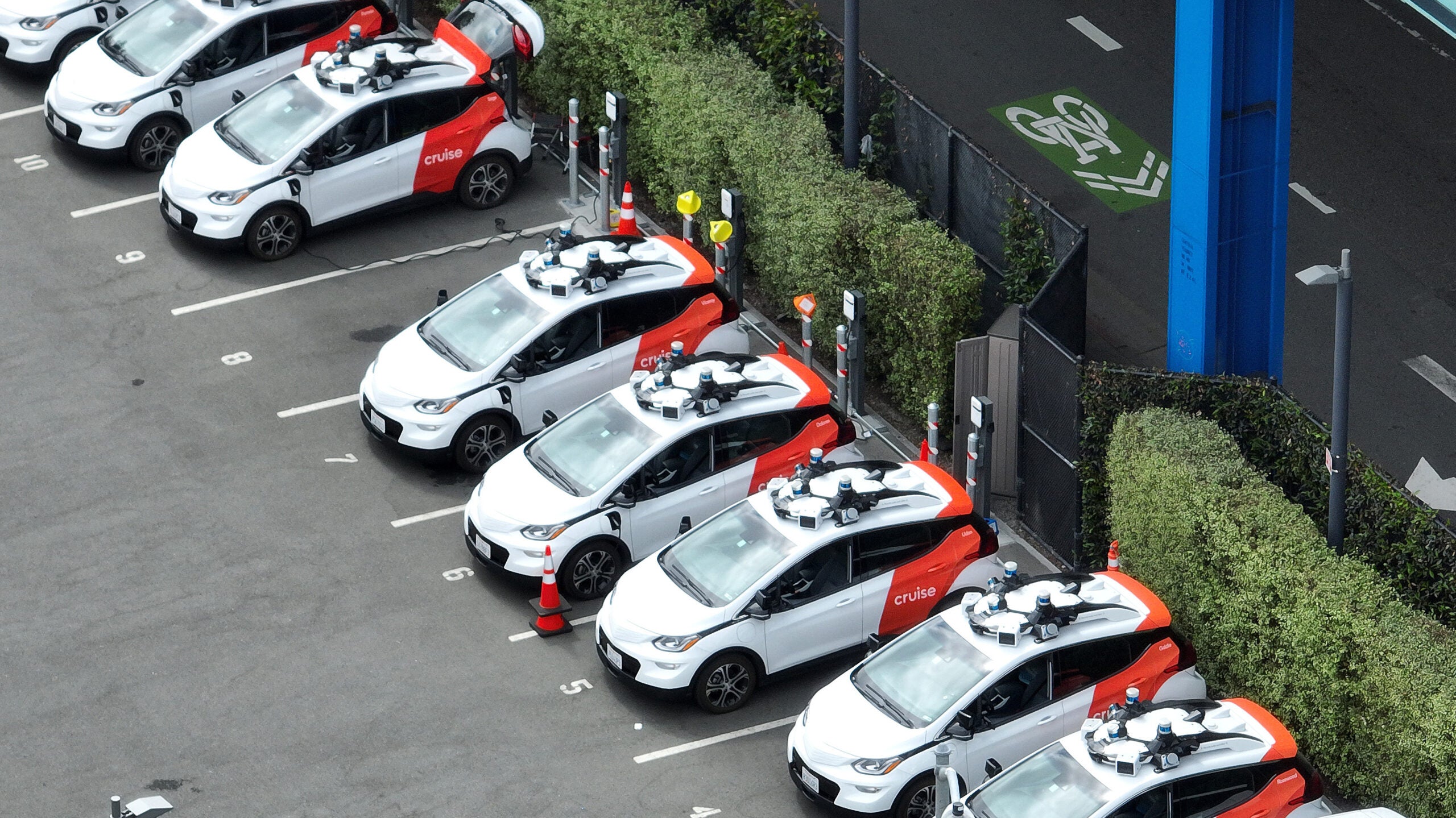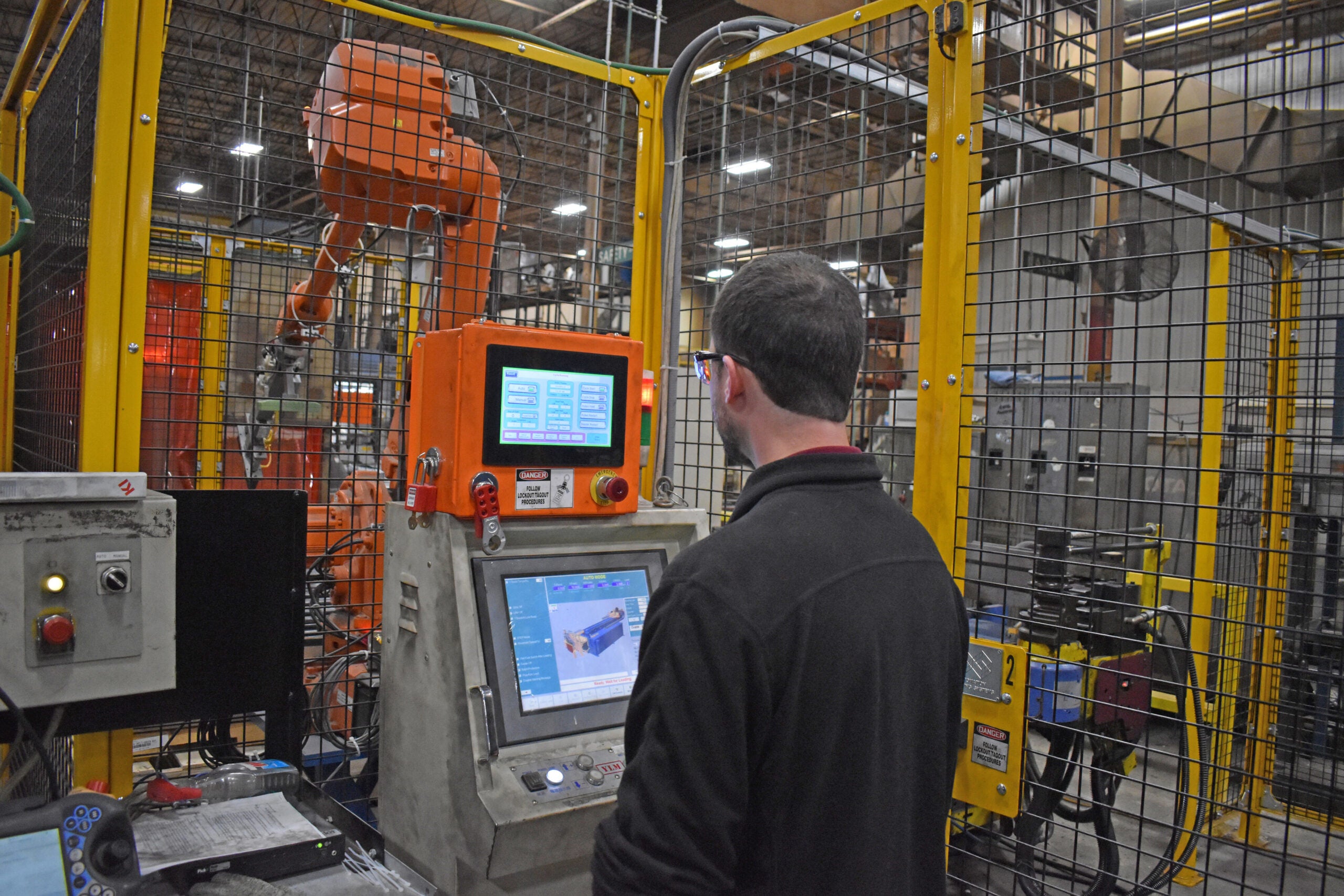This week General Motors Co. announced it plans to “idle” five Northern American factories next year, including Detroit-Hamtramck Assembly in Detroit, Lordstown Assembly in Ohio, Oshawa Assembly in Ontario, Warren Transmission in Michigan, and Baltimore Operations in Maryland.
The company said the shuttering of the plants is partly due to the changing habits of drivers worldwide. And while work will stop, GM said the plants will not yet officially close.
Doug Fisher, head of Marquette University’s Center for Supply Chain Management, has also seen the evolution of car-ownership mentality. He said young people have basically lost interest in getting behind the wheel and revving up the engine.
Stay informed on the latest news
Sign up for WPR’s email newsletter.
“You have got this younger generation coming along that has a shift in mentality in their mobility preferences,” Fisher said, noting the change may impact the oil industry, gas stations and car insurance companies as people opt to use ride-sharing services instead of buying and maintaining their own vehicles.
He said even vintage car owners should take notice.
“They don’t want the Mustang,” he said. “They don’t want to be bothered with all of that stuff.”
Wisconsin has felt the pangs of drivers’ changing habits before.
Most notably in Janesville, where GM once operated a bustling 4.8-million-square-foot facility that employed more than 7,000 people in its height. In 2008, the plant closed, producing its last SUV Dec. 23, 2008. GM moved the Janesville plant from “stand by” to “closed” in 2015. After years, the old GM property is now being revitalized. It is in the midst of being demolished.
Fisher said in light of changes in the market for automobiles, Wisconsin companies that supply auto parts are looking to re-tool.
“We are the machine shop to the world,” he said, adding that means any mass closures such as GM’s will have “a trickle-down effect as, in this case, General Motors gets out of some vehicles that are not the right fit for the marketplace.”
Fisher said some Wisconsin die casting companies — a type of metal manufacturing — may be hurt by the closures. But he added that the new Foxconn plant in southeastern Wisconsin will be making components for electric and autonomous cars. He also said there are opportunities for suppliers to produce lighter graphite components rather than those made out of steel or aluminum.
Going forward, Fisher suggested plants make the move toward making parts for autonomous and electric cars.
“Pivot to make autonomous vehicles that do not have steering wheels but have to have sensors and guidance systems, artificial intelligence and machine learning, people have to learn how to build that stuff,” he said.
Wisconsin Public Radio, © Copyright 2024, Board of Regents of the University of Wisconsin System and Wisconsin Educational Communications Board.






